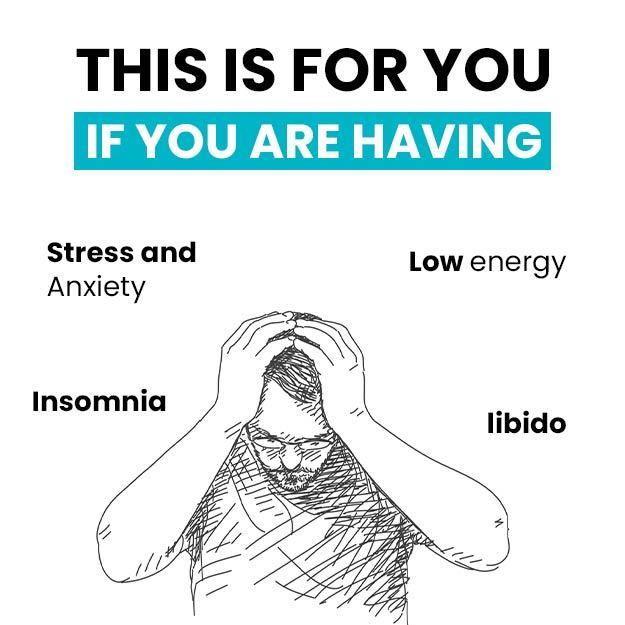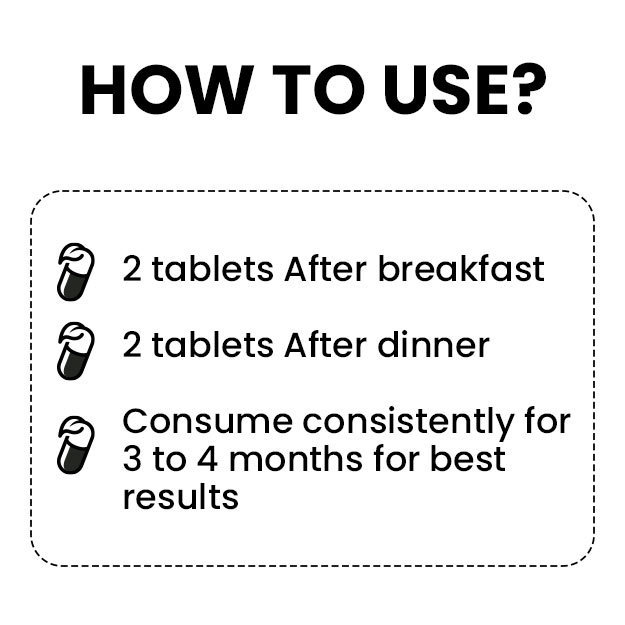Education fever is a documented condition in parents - especially in countries like China and South Korea. According to a 2005 study published in the KEDI Journal of Educational Policy, "Education fever can be defined as parental zeal or passion for providing their children with better chances for admission into prestigious universities."
Of course, we see instances of education fever in India, too. All parents want the best for their children. And whether their child is writing the class 12 boards or taking entrance exams for medical colleges, parents are often as anxious - if not more - as the students themselves.
High stakes exams naturally come with a certain level of stress - for the students as well as their parents. Yet, sometimes the best way to help children prepare for exams is to create a low-stress, positive environment at home.
That said, every child is different and has different needs while preparing for exams. Here are a few tips for parents on how to cope with the stress during their child’s exams, and help their children do their best, too.































